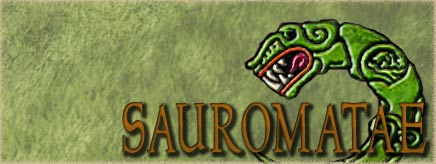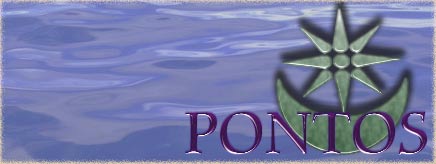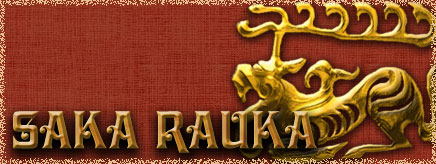
Originally Posted by
Jakkal
Dear Frogbeastegg,
Merci pour l'excellent travail et le dévouement dont vous avez fait preuve lors de la création de vos différents guides pour la série TW. Vos guides, bien que découvert récemment, sont devenus une source d'information incontournable tout en étant un réel plaisir à lire. Dans cet ordre d'idée, si je puis vous être d'une quelconque utilité dans votre présente quête, ce sera avec honneur et humilité qu'il me fera plaisir de vous aider. La langue de Molière est belle et riche mais aussi complexe. Les Misérables comme livre d'apprentissage est un projet ambitieux, me rappelant mes propres tentatives d'apprendre l'anglais via Romance of the three kingdoms puisque j'étais un fan de la série. En ce qui concerne la prononciation plusieurs sites offrent des programmes qui vous permettront de pratiquer cet aspect, mais rien ne vaut la discussion mano to mano pour obtenir une rétroaction efficace et immediate.

First, a translation without aid. I have left this quite literal instead of cleaning it up so it's grammatically correct in English.
Here's a second attempt made with the aid of a dictionary and a tiny bit of google translate on two areas where I was struggling to find understanding. I have cleaned the final text up a bit to make it less literal. It took me half an hour but I'm pleased with the result. Hopefully it's not too inaccurate.
J'adore la trois royaume! J'ai aime la jouer d'ordinateur 'Dynasty Warriors 3' pour la Playstation 2. J'ai lire la livre plus tard. J'ai aime Liu Bei. Il est un homme gentile et honneur, et tres persistante. Lu Bu est formidable! Il est tres forte a guerre.
I needed a dictionary for honour, kingdoms, persistent, later and formidable. Should anyone wish to correct the spelling and grammar, please go ahead. If I could grasp the necessary words I would have said "I was first introduced to it by the computer game 'Dynasty Warriors 3' on the Playstation 2" instead of the "I liked". When I started this thread I couldn't have managed to write half of what I just did.
I shall send you a PM.

Originally Posted by Fragony











 Reply With Quote
Reply With Quote






 That's almost as good as RFI and their cretins Americans dans Fox News (spelling and grammar?)!
That's almost as good as RFI and their cretins Americans dans Fox News (spelling and grammar?)!






Bookmarks